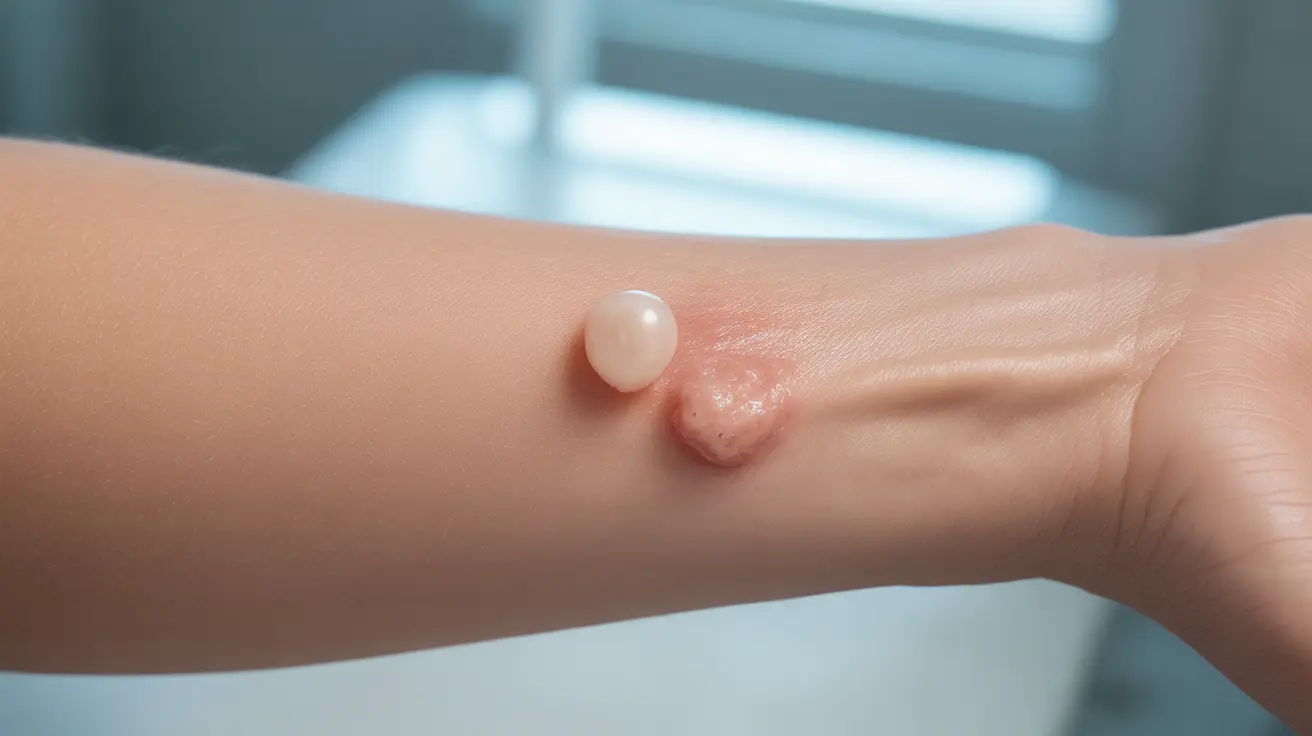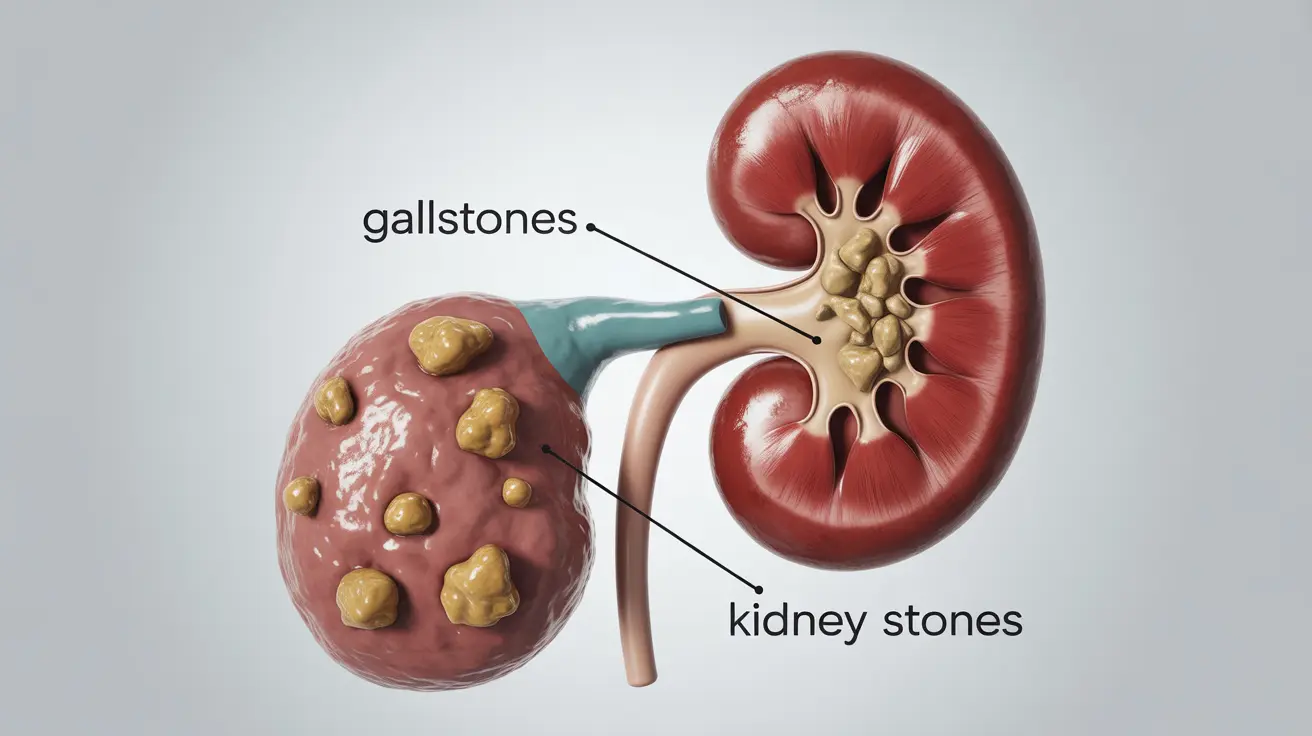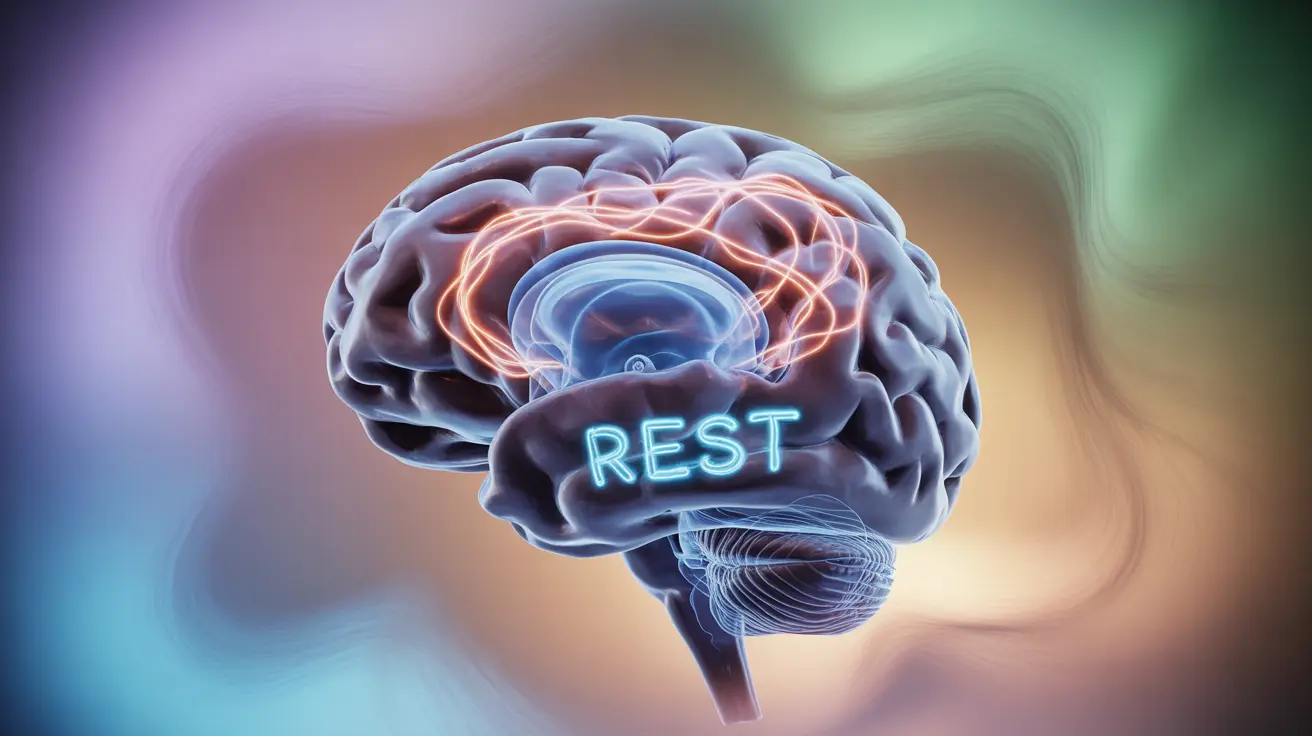While getting enough sleep is crucial for overall health, experiencing a headache from sleeping too much can be a frustrating and common occurrence. Many people are surprised to learn that oversleeping can trigger headaches just as readily as sleep deprivation. Understanding the connection between excessive sleep and headaches is key to maintaining optimal sleep habits and preventing these uncomfortable morning symptoms.
These sleep-related headaches can impact anyone, regardless of their usual sleep patterns, and often signal that it's time to evaluate your sleep habits and overall health. Let's explore the various causes, effects, and solutions for headaches caused by oversleeping.
The Science Behind Oversleeping Headaches
When you sleep longer than usual, several physiological changes occur in your body that can trigger headaches. Your brain's neurotransmitter levels fluctuate, particularly serotonin, which plays a crucial role in sleep regulation and pain perception. These chemical changes can lead to blood vessel dilation and increased pressure in your head, resulting in that familiar morning headache sensation.
Impact of Disrupted Sleep Cycles
Oversleeping disrupts your body's natural circadian rhythm, the internal clock that regulates your sleep-wake cycle. This disruption can throw off various bodily functions, including hormone production and blood pressure regulation, potentially contributing to morning headaches.
Common Triggers and Risk Factors
Serotonin Imbalance
Changes in serotonin levels during extended sleep periods can significantly impact headache development. When you oversleep, your brain's serotonin production and regulation may become imbalanced, potentially triggering headache symptoms.
Sleep Disorders and Their Role
Underlying sleep disorders like sleep apnea or insomnia can exacerbate headaches from oversleeping. These conditions often lead to poor sleep quality, making you more susceptible to headaches even when you appear to get extra sleep.
Physical Factors
Poor sleep posture, especially during extended sleep periods, can strain neck muscles and trigger tension headaches. Additionally, dehydration from prolonged sleep without water intake can contribute to morning headache development.
Prevention Strategies and Solutions
To prevent headaches from sleeping too much, consider implementing these effective strategies:
- Maintain a consistent sleep schedule, even on weekends
- Create a comfortable sleep environment with proper pillow support
- Stay hydrated throughout the day
- Practice good sleep hygiene
- Set a gentle alarm to avoid oversleeping
- Address any underlying sleep disorders with healthcare professionals
Frequently Asked Questions
What are the common causes of headaches from sleeping too much?
Common causes include disrupted sleep cycles, changes in neurotransmitter levels, dehydration, and poor sleep posture. Extended periods of sleep can throw off your body's natural rhythm and trigger headaches through various physiological mechanisms.
How can changes in serotonin levels affect headaches when I oversleep?
Serotonin levels naturally fluctuate during sleep, but oversleeping can cause significant imbalances. These changes can affect blood vessel regulation and pain perception, potentially triggering headaches when you sleep longer than usual.
Can sleep disorders like insomnia or sleep apnea cause morning headaches?
Yes, sleep disorders can significantly contribute to morning headaches. Sleep apnea disrupts normal breathing patterns and oxygen levels, while insomnia can lead to irregular sleep patterns. Both conditions can increase the likelihood of experiencing headaches, especially after longer sleep periods.
What are some practical ways to prevent headaches caused by oversleeping?
Maintain a regular sleep schedule, use supportive pillows, stay hydrated, and limit sleep to 7-9 hours per night. Setting a consistent wake time and avoiding dramatic changes in sleep duration can help prevent oversleeping headaches.
How does poor sleep posture contribute to headaches after oversleeping?
Poor sleep posture can strain neck and shoulder muscles, leading to tension headaches. When you sleep for extended periods in an awkward position, this muscle tension builds up, potentially resulting in headaches upon waking. Using proper pillow support and maintaining good sleep posture can help prevent these issues.




